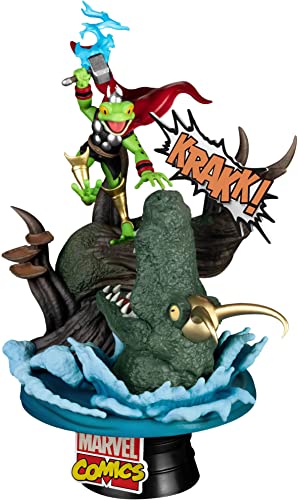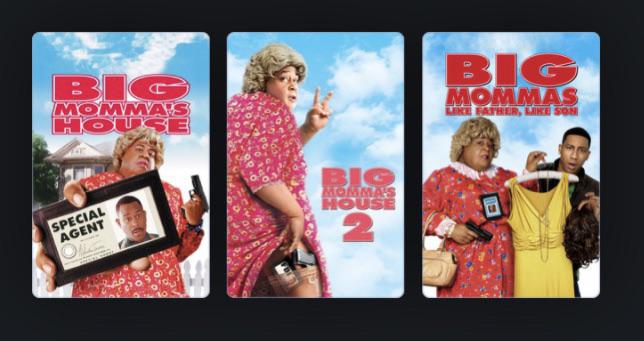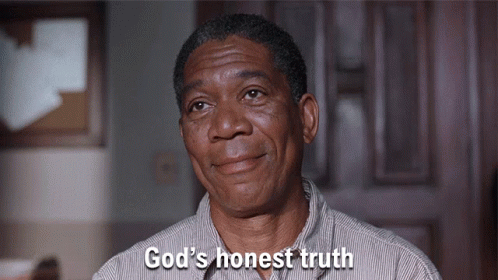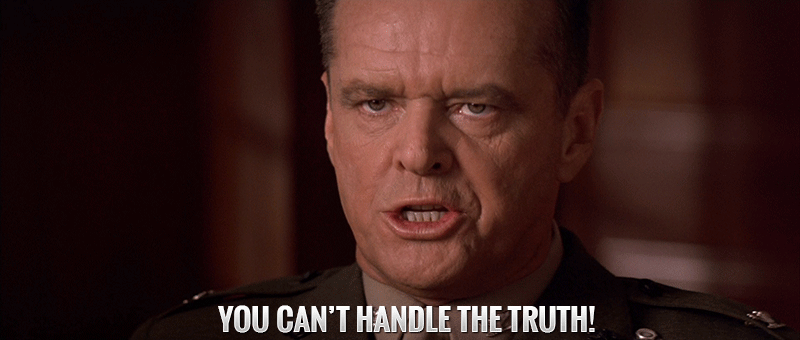- Joined
- Mar 13, 2010
- Messages
- 28,360
- Reaction score
- 32,754
Absolutely true, the modern style of storytelling is very orderly and reflects the modern love of order - especially in narrative action.
Our culture loves order so, to the degree we apply it retroactively - pretty much any modern book on mythology, any mythology, tends to assert a single creation story, this god did this and was related to this god, this hero did these things.... which just isn't the reality - Even when we look at the Greeks who wrote so much down, in truth what we have inhereted is fragments, and even from those fragments we can tell that the stories we now teach today as "Greek myth" never had a stable identity, chronology, characterisation or cast - there are versions of the myths in which Zeus and Hades are the same being, where Poseidon is the King of the Gods, where Hades doesn't exist at all and Persephone is Empress of the Underworld, where the entire stories completely change... all are equally true, all were asserted as equally plausable versions of the stories by those telling them, all equally adapted by those tellers from stories they were told and they shaped to suit their audiences of choice.....
Myths, legends and the epic style of story-telling and history relating we see in Tolkien reflects the works of the other epic poets such as Homer in this regard, you are completely correct.
Its such an alien way of storytelling to most modern audiences these days that they struggle to get their heads around it. I discussed this with a class of mine once regarding Tolkien and they raised the point about how many Balrogs there were as depending on which Tolkien text you read there are as few as 7 and as many as tens of thousands and they asked me which is the right number and I think they expected me to say the "right" answer is the later one as Tolkien "changed their mind" but I told them that BOTH are true as they are both numbers given as part of the stories the characters are relating, rather than through an accurate reflection of some unknown "factual" number. Both are true for the speaker of the story in question - fact never enters the equation as it is an anachronistic concept in such epic style storytelling.
Same with Beowulf or King Arthur, both are figures whose stories are tales that merge history and legend in order to chronicle the stories inherited by the speaker, which is in turn transcribed and deciphered by the writer, who in turn presents them to the reader.
As Tolkien himself states, he doesn't consider himself the true author of his own Legendarium, but rather a "sub-creator"/instrument in which the "true" author (Eru Iluvatar/God) can transcribe a certain form of "truth", not fact, but that ever philosopically indefinable "truth".
Or as Tolkien himself rather mind-bendingly puts it:
"We differ entirely about the nature of the relation of sub-creation to Creation. I should have said that liberation "from the channels the creator is known to have used already" is the fundamental function of "sub-creation", a tribute to the infinity of His potential variety [...] I am not a metaphysician; but I should have thought it a curious metaphysics — there is not one but many, indeed potentially innumerable ones — that declared the channels known (in such a finite corner as we have any inkling of) to have been used, are the only possible ones, or efficacious, or possibly acceptable to and by Him!"
With respect to narration there's one big clue to Tolkien's process.
The question of Gollum's colour has been a popular conundrum. He's alternately described as either pale or as black as a shadow. There's no singular narrative voice within the texts to define which is true, so we see Gollum from the perspective of those who witness him.
That ties into the different peoples of the world writing their own history as they see it, and evolving their own legends.
Oddly enough, the theme of my A-Level thesis on Tolkien was perceptions of reality as expressed through fantasy. The idea was inspired because one of my English Literature teachers despised fantasy and could see no value in it. She also said I was destined for a red brick college at best. I accepted both challenges, ended up at an old stone built one, and came out with the best degree possible. Not that I ever did anything with it though.





















